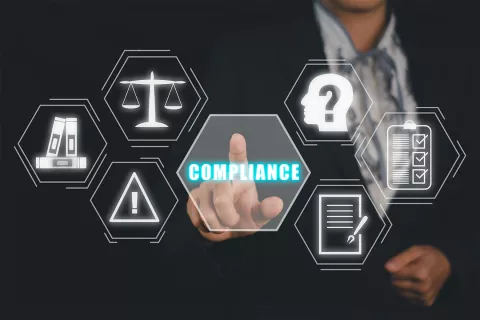
In a recent announcement, the Food and Drug Administration (FDA) has identified a broad list of Class II medical devices that, when finalized, will be exempted from premarket notification requirements, subject to certain limitations per se. The FDA has published this notice in accordance with procedures established by the 21st Century Cures Act, and is now looking forward to public response in the form of comments.
However, it should be carefully noted that this notice does not represent FDA’s final verdict regarding the Class II medical devices included in this document. FDA will first review all comments submitted to the assigned portals within the 60-day comment period and only then will it consider whether the determined list of Class II devices should be modified prior to publication of its final determination in the Federal Register.
What does it mean for the industry?
According to the FDA, the final determined list of exempted Class II medical devices will not only decrease regulatory burdens on the vast medical device industry but will also help eliminate private costs and expenditures associated with such Federal regulations. In short, the regulated industry will no longer have to invest its precious time and resources in preparing for 510(k) notifications and documentation for submission to FDA, payment associated with 510(k) submissions, and responding to questions and requests for additional information from FDA during 510(k) review.
There are hundreds of devices listed by the FDA, ranging from basic diagnostic tests and reagents, to other equipment like umbilical clamps, obstetrical forceps and ophthalmoscopes. In order to view the full list, take a look at the Federal Register notice.
The section 513 of the Federal Food, Drug, and Cosmetic Act (the FD&C Act) states that FDA must classify all medical devices into one of three regulatory sections, namely, Class I, Class II, or Class III. FDA classification of any given medical device is based on the amount of regulation required to provide a reasonable assurance of safety and effectiveness. To be compliant with medical devices’ Regulatory practices across the geographies, keep abreast with region-specific classifications and tailor-made best practices.










